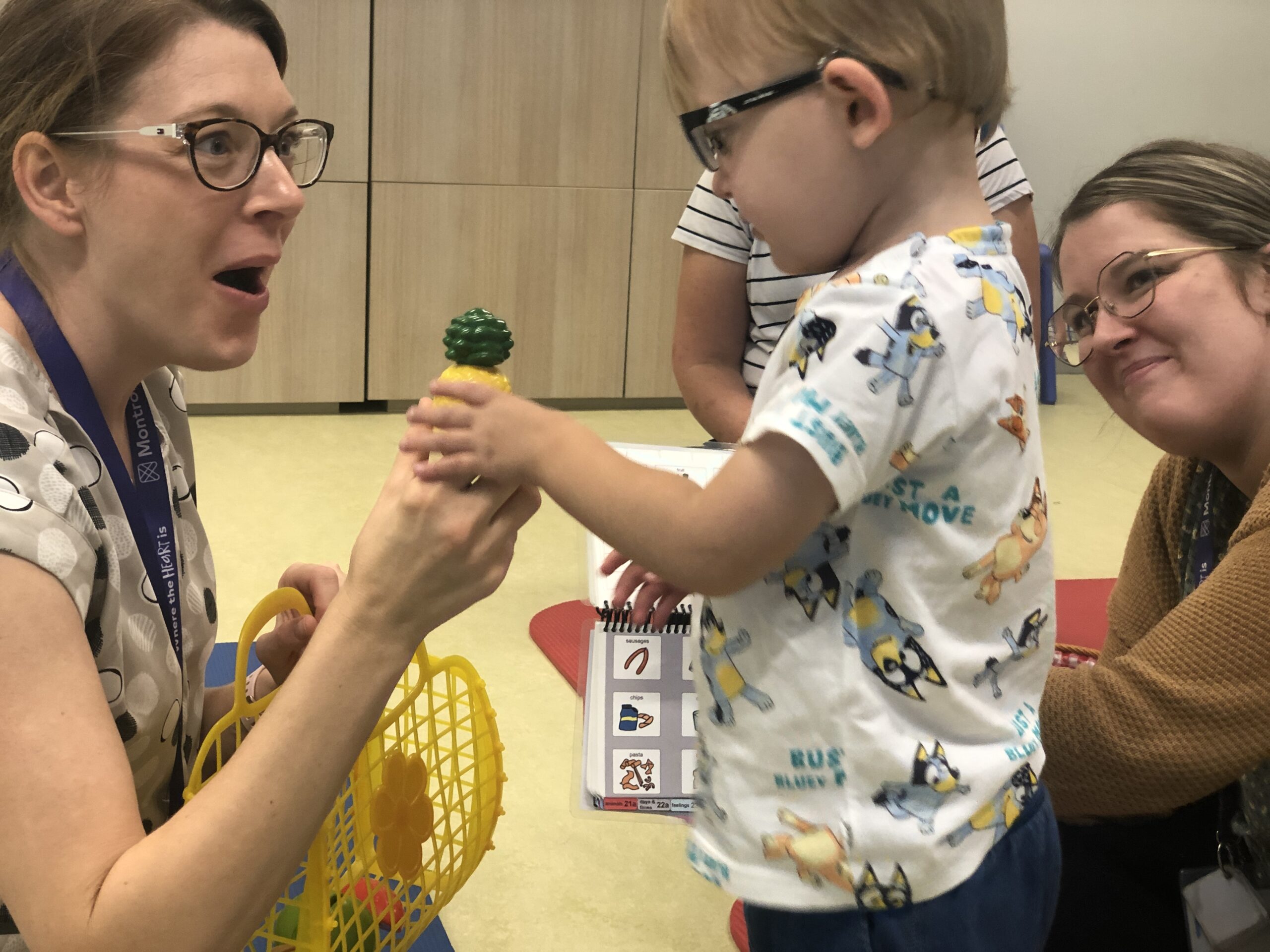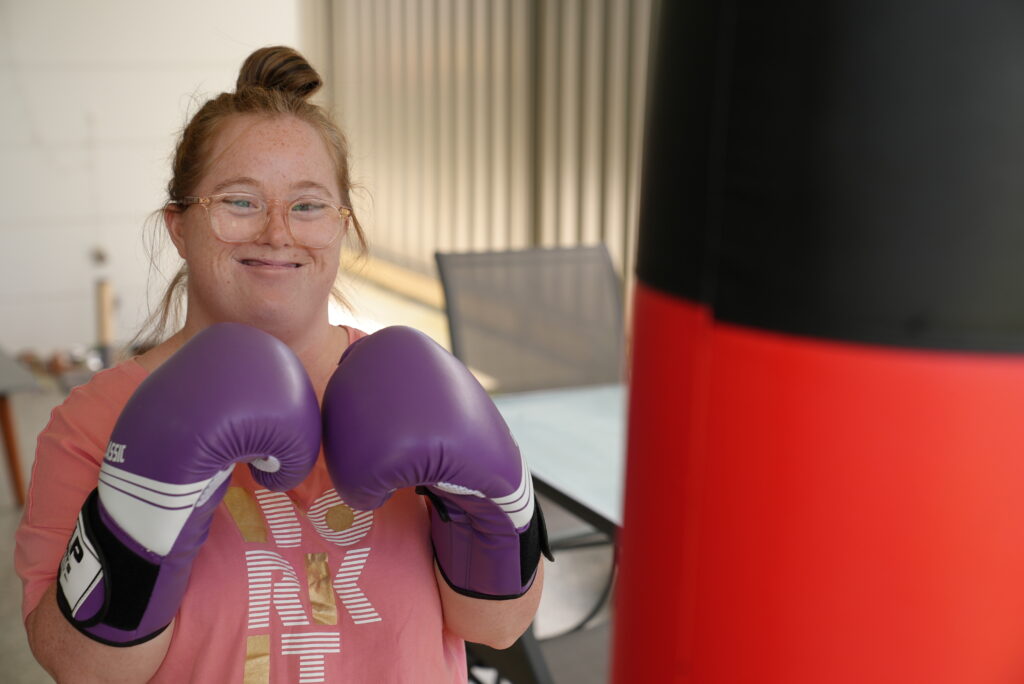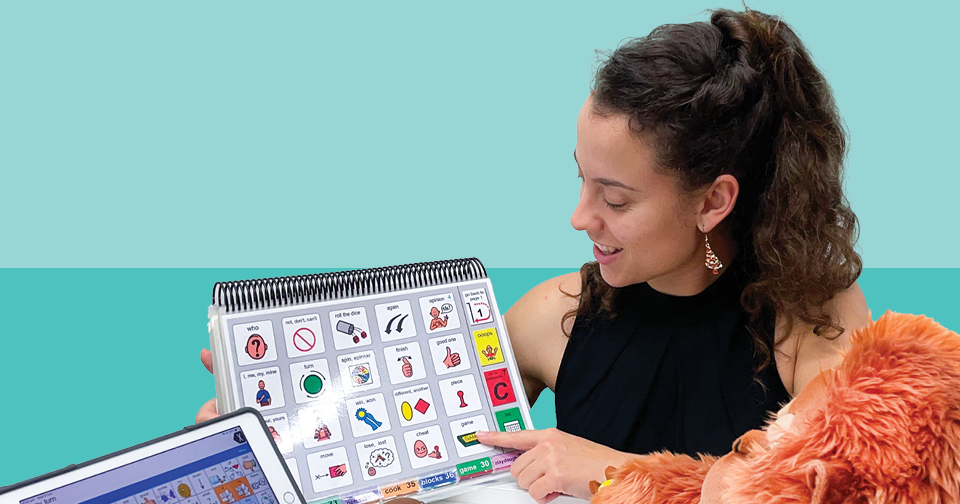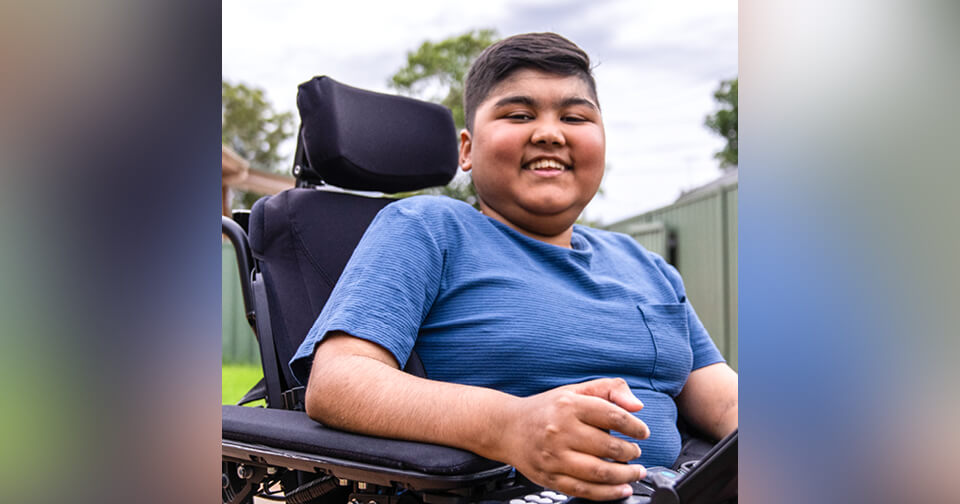Jan 16, 2024
Understanding the benefits of paediatric Occupational Therapy

What does an Occupational Therapist do?
At Northcott, we have over 25 incredible Occupational Therapists working across our seven service centres. Northcott Occupational Therapists specialise in supporting young people living with disability to engage with daily activities. They are experienced in a range of conditions, including physical disabilities, neuromuscular conditions, developmental delay, intellectual disability and autism.
What are the benefits of paediatric Occupational Therapy?
Occupational Therapists help children gain the skills and tools to participate in school, play and self-care. Having these skills helps to build confidence, independence and social skills — all essential elements of a happy and fulfilled life.
Here are some ways Occupational Therapists can help children and their families:
Reaching Age-Appropriate Milestones for Children
Northcott Occupational Therapists are trained to track developmental milestones and support clients with reaching these milestones when required. Occupational Therapists specialise in fine motor, self-care and visual motor skills, and sensory processing.
Assistive Technology and Modifications
Daily Living
Daily living skills are essential for an independent life. While all children go through the process of learning daily living and self-care skills such as showering, toileting and dressing, Occupational Therapists can support children living with disability with modifications and techniques to participate in these activities. For example, a child with Arthrogryposis (which affects the mobility of joints), may need additional support to complete his dressing routine, so an Occupational Therapist would simplify the task by introducing modified clothing.
Getting the Sensory Regulation Right
Atypical sensory processing is considered a common feature of Autism. While each one of us has a unique sensory profile, atypical sensory processing means people with Autism can experience many elements of day-to-day life in different and sometimes unexpected ways. There are many strategies used by Occupational Therapists to assist with sensory regulation, including sensory toys such as chewable jewelry or weighted animals. Occupational Therapists may also provide support to create routines which accommodate for sensory needs, for example going on a swing before sitting in a car.
Occupational Therapy Speech Therapy Physiotherapy


Accessibility and Inclusivity
We respect and honour Aboriginal and Torres Strait Islander Elders past, present and future. We acknowledge the stories, traditions and living cultures of Aboriginal and Torres Strait Islander peoples on this land and commit to building a brighter future together.
Read more about our commitment to reconciliation

